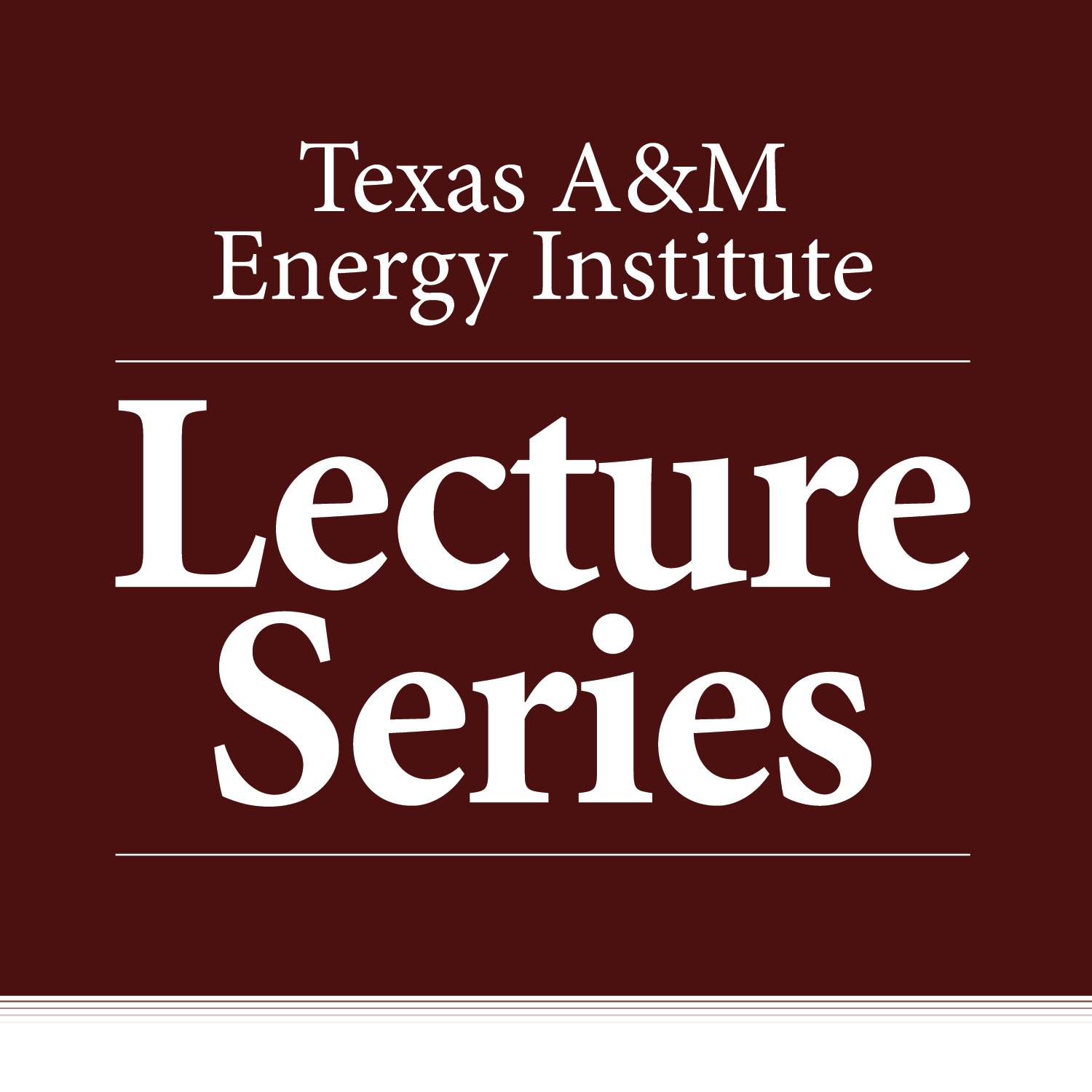
After Harvey the NY Times Said “Houston’s Floodwaters Are Tainted, Testing Shows” – Fake News or Should We Worry?
The next presentation in the Texas A&M Energy Institute Lecture Series, featuring Ivan Rusyn, a Professor in the Department of Veterinary Integrative Biosciences at Texas A&M University, will be held on Wednesday, November 14, 2018 from 12:00 PM – 1:00 PM in the Frederick E. Giesecke Engineering Research Building (GERB) Third Floor Conference Room. The topic will be “After Harvey the NY Times Said “Houston’s Floodwaters Are Tainted, Testing Shows” – Fake News or Should We Worry?.”
Abstract
A catchy title makes us click on the news link, or buy a magazine or a newspaper. Sometimes we may be interested in the topic itself, but sometimes the attention grabbing effect is achieved by the alarmist nature of the claim. How do we know that the journalists actually understand what they are talking about or are sincere and balanced in presenting the story?
The answer is, we usually don’t know. But it doesn’t mean we shouldn’t try to examine the facts and interpret the news ourselves. One of the areas where sounding an alarm is fairly easy is in communicating health risks. And the title of a news story above is real. But should we worry? And if we have information to communicate to the public, how can we achieve that?
This conversation will present several real-life scenarios and try to get at the stories behind them, so the attendees can find their own “truth.”
Biography
Dr. Ivan Rusyn, a Professor in the Department of Veterinary Integrative Biosciences at Texas A&M University, has an active research portfolio funded by the National Institutes of Health and the US EPA with a focus on the mechanisms of action of environmental toxicants and the genetic determinants of the susceptibility to toxicant-induced injury. Through a combination of in vivo animal studies and experiments that utilize cellular and molecular models, Dr. Rusyn’s laboratory aims to better understand why certain chemicals cause cancer or organ damage in rodents and whether humans in general or any susceptible sub-population in particular, are at risk from similar exposures.
The main focus of our inter-disciplinary research is on improving the linkages between exposures and adverse health effects Specifically, we develop innovative experimental methods and computational tools which enable analysis of data across multiple dimensions including SNPs, -omic endpoints, multiple chemicals, and traditional toxicity phenotypes.
His laboratory was the first to report on the genetic regulation of gene expression in the liver. This work established the basis for understanding the impact of the genetic variability on the toxicity pathways. Rusyn’s work is also defining a “toxicity susceptibility state” in mouse livers in response to acetaminophen, alcohol, peroxisome proliferators, and trichloroethylene by combining knowledge of toxicology, metabolomics, gene expression profiling, and mouse genetics. A key example of how the bedside-to-bench-to-bedside paradigm can serve to bridge clinical and experimental research is a recent paper published in collaboration with clinicians and geneticists where the genetic determinants of acetaminophen-induced liver injury were discovered.

